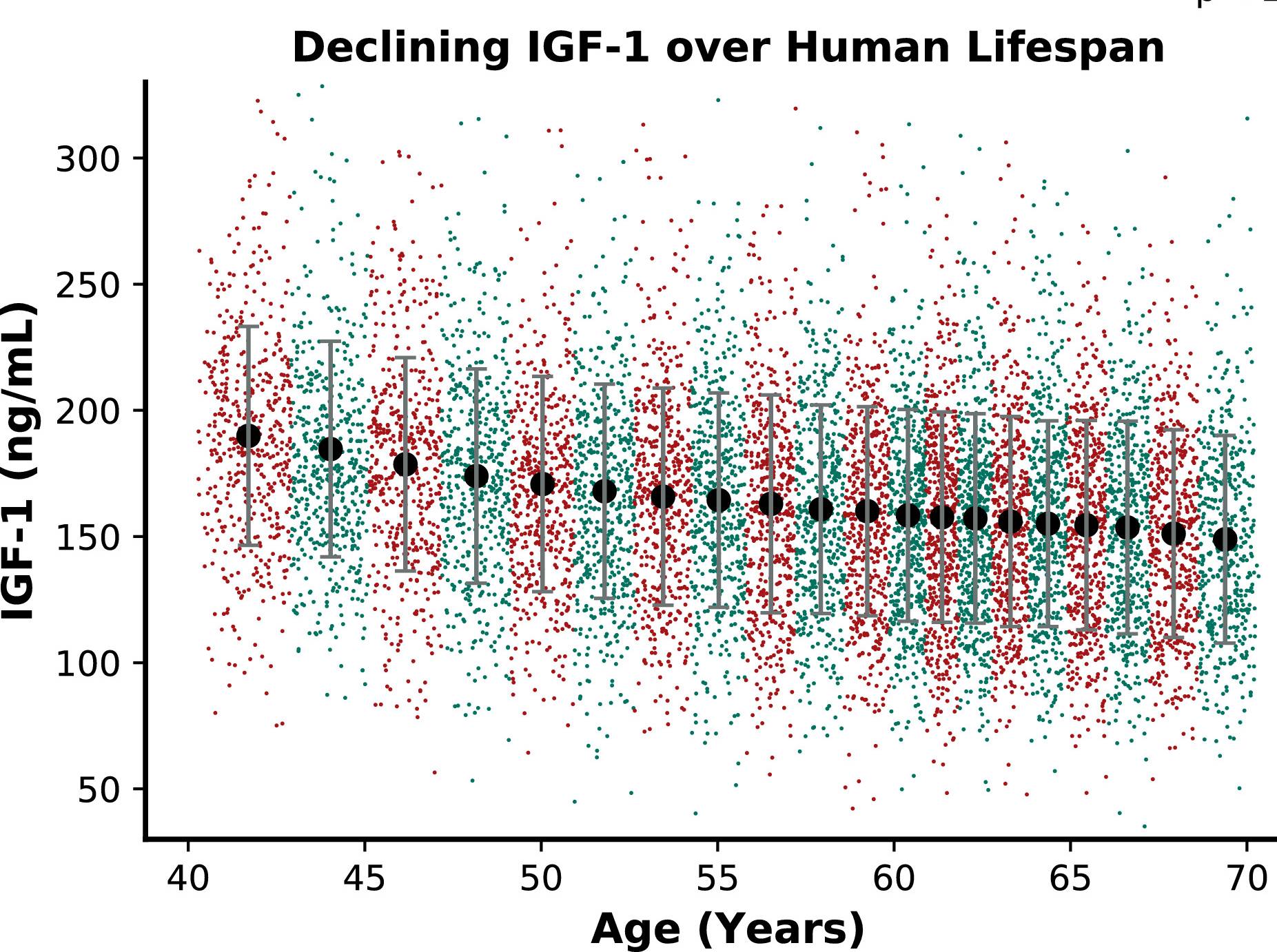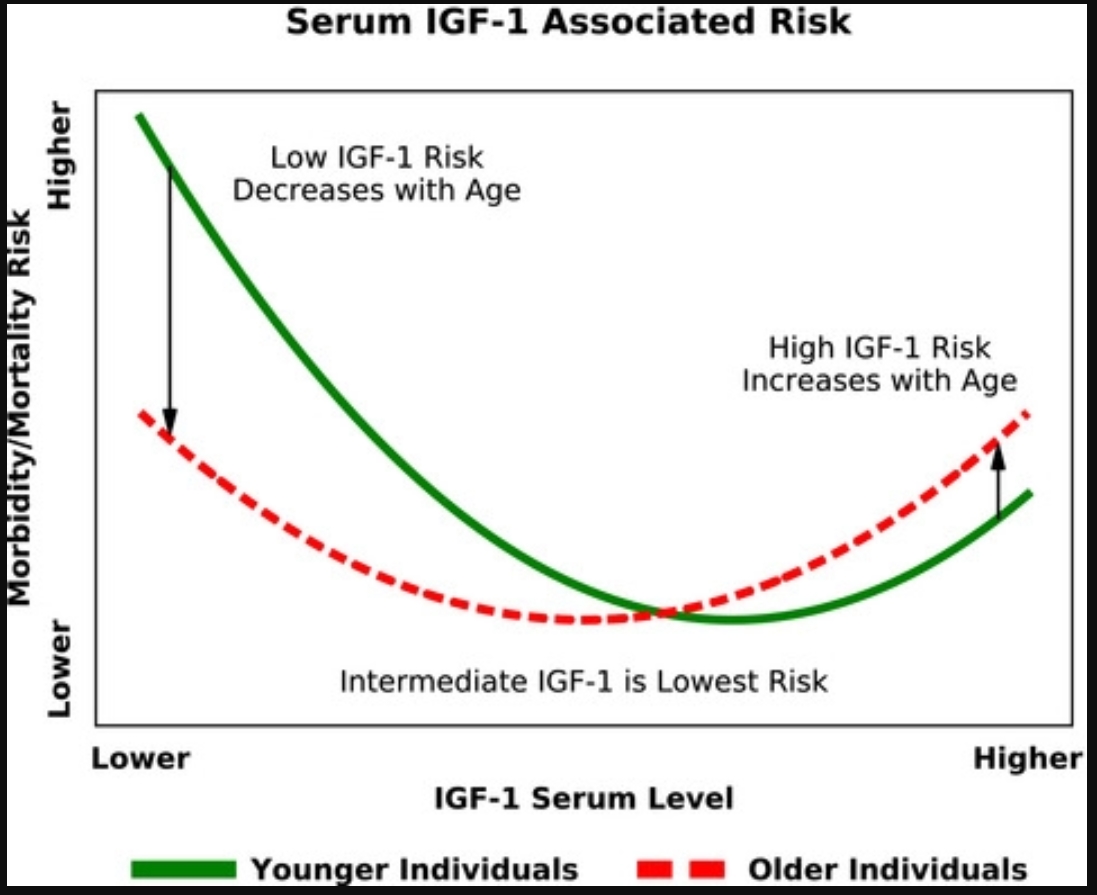Genetically predicted insulin-like growth factor-I in relation to muscle mass and strength
Shuai Yuan, Clinical Endocrinology 2021
Objective
Insulin-like growth factor I (IGF-I) has been associated with muscle status in animal- and population-based studies. We conducted a Mendelian randomisation study to assess the causality of the associations of IGF-I with muscle strength and mass.
Design and Patients
Genetic variants associated with serum IGF-I at genome-wide significance in the UK Biobank study (358,072 individuals of European descent) were selected as instrumental variables. Summary-level data on the associations of those variants with muscle weakness (low-grip strength) and muscle mass (fat-free body mass) were available from a meta-analysis of 22 genome-wide association studies including 46,596 cases and 209,927 noncases and genome-wide association analysis in 155,961 individuals from the UK Biobank study, respectively. The univariable and multivariable inverse-variance weighted methods were used.
Results
Higher genetically predicted IGF-I levels were associated with a reduced risk of muscle weakness and increased muscle mass. For one standard deviation increase in genetically predicted IGF-I levels, the odds ratio was 0.92 (95% confidence interval [CI], 0.88, 0.97; p = .001) for muscle weakness and the change was 0.53 (95% CI: 0.28, 0.79; p < .001) kg for muscle mass. In the multivariable model with adjustment for genetically predicted height, the associations were attenuated but persisted for both muscle weakness (odds ratio: 0.95, 95% CI: 0.91, 0.99; p = .015) and muscle mass (change: 0.25, 95% CI: 0.10, 0.40; p = .001).
Conclusion
This study suggests that high IGF-I levels may decrease the risk of muscle weakness and loss.















